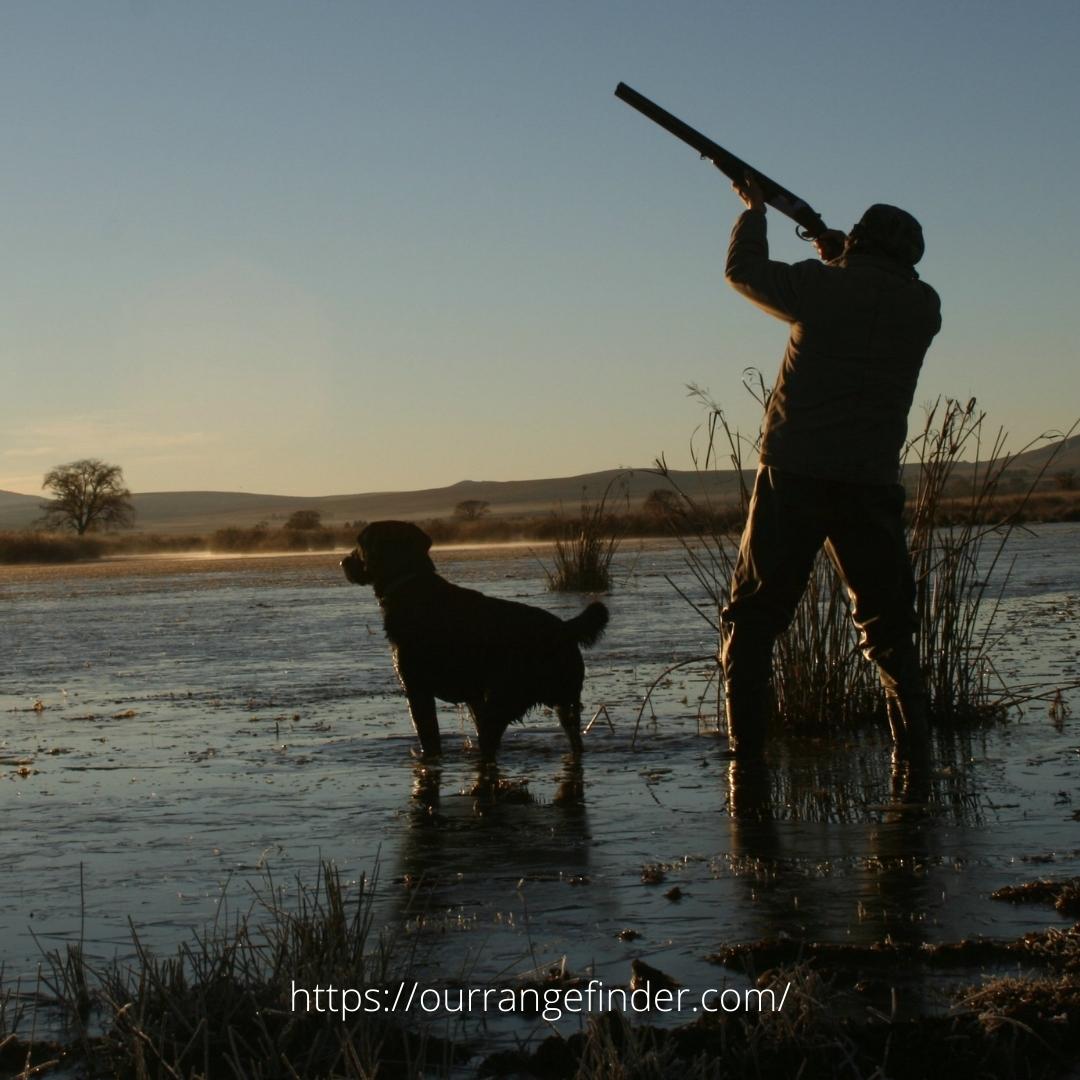How it is Unnecessary and Cruel to Sport Hunt

Sport Hunt i experienced childhood in a city where a great many individuals follow sports, watch their cherished groups on TV or in pressed arenas, and take an interest in sporting games like golf, swimming, surfing, running, and climbing. During my acting vocation, I possessed little energy for amusement; however, I appreciated playing tennis and, surprisingly, made my secondary school tennis crew.
Sports can be fun, and exercise, obviously, is beneficial for you. Do you know what isn’t a game? Hunting. Where is the game in seeking after a blameless creature, then, at that point, shooting a shot through it from a powerful rifle or bringing it down with a bow and bolt? Genuine games include rivalry between consenting gatherings and don’t end with the butchering of a reluctant member. Hunting isn’t a game, and individuals who appreciate killing are not athletes or sportswomen. The equivalent goes for fishing.
There’s no need in a socialized society for individuals to chase. Regardless of whether it’s in the mountains and woodlands of California or on the Serengeti fields, killing for joy is abhorrent. The rush trackers get from killing honest creatures is completely outside my ability to understand.
Trackers have created a wide range of reasons to defend their grisly side interests. Spare us the work; killing has no avocation. Hunting doesn’t have anything to do with “protection” or “populace control;” nature has taken care of those issues very well for a long period of time without the “help” of people. In nature, most creature populations are automatic; when food is scarce, those creatures don’t duplicate. Left alone by people, the fragile equilibrium of nature’s biological systems guarantees the endurance of most species.
Scarcely anything is uglier than the head or other body portions of a respectable creature hacked off and held tight by a divider or over a shelf. For their “prizes,” trackers commonly search out the biggest, most vigorous creatures, those expected to keep their species’ genetic stock solid. “Prize hunting” debilitates the remainder of the species’ populace. Elephant poaching is accepted to have expanded the quantity of tuskless creatures in Africa, while in Canada, hunting has caused the horn size of the bighorn sheep to fall by 25% throughout the most recent 40 years. Nature magazine reports that “the impact on the populace’s hereditary qualities is presumably more profound.”
Fast kills are uncommon in hunting, and numerous creatures experience delayed, difficult passings when trackers seriously harm them but neglect to kill them. Hunting likewise upsets relocation and hibernation designs and obliterates families. For creatures like wolves and geese, who mate for daily routine and experience in affectionate nuclear families, hunting can pulverize whole networks.
The dread and the unpreventable, earsplitting clamors from gunfire and other disturbances that trackers make chased creatures experience huge pressure. This seriously undermines their everyday practice and their dietary patterns, making it difficult for them to store the fat and energy that they need to endure the colder time of year. Boisterous clamors can likewise disturb mating ceremonies and cause parent creatures to escape their sanctums and homes, leaving their young powerless against regular hunters. At the point when creatures are killed, families are separated, passing on the young to die of starvation, openness, or assaults by different creatures Sport Hunt.
Trackers also regularly unintentionally harm and kill creatures other than those they’re hunting, including ponies, cows, canines, and felines. Canines utilized for hunting are regularly kept tied or written up when they’re not hunting, and much of their lives are spent in hopeless conditions.
The people who wish just to partake in our nation’s disappearing wild and the magnificence of nature are frequently compelled to share untamed life asylums, public backwoods, state parks, and other public grounds with furnished people on the chase after creatures to kill. A little less than half of hunting in the United States is directed on open grounds, at the expense of millions of dead creatures. Generally, government and state organizations accused of overseeing natural life shelters, public timberlands, state parks, and other public grounds are financed to some extent by the offer of hunting and fishing licenses and hunting the travel industry, and offices presently make a special effort to support these exercises as opposed to directing or police them. Indeed, untamed life offices frequently kill grand hunters, like wolves, bears, and coyotes, to build the elk, caribou, and deer populace in specific regions so trackers will have a greater amount of those creatures to weaponize down. Talk about disturbing the equilibrium of nature Sport Hunt.
Before you support an “untamed life” or “preservation” bunch, get some information about its situation in hunting. A few gatherings, including the National Wildlife Federation, the National Audubon Society, the Sierra Club, the Izaak Walton League, the Wilderness Society, and the World Wildlife Fund, are either for “sport hunt” hunting or put forth no attempt to go against it. Individuals who care about creatures shouldn’t give a dime to associations that see nothing out of sorts in killing them.
Harmony for all the creatures with whom we share the planet!
